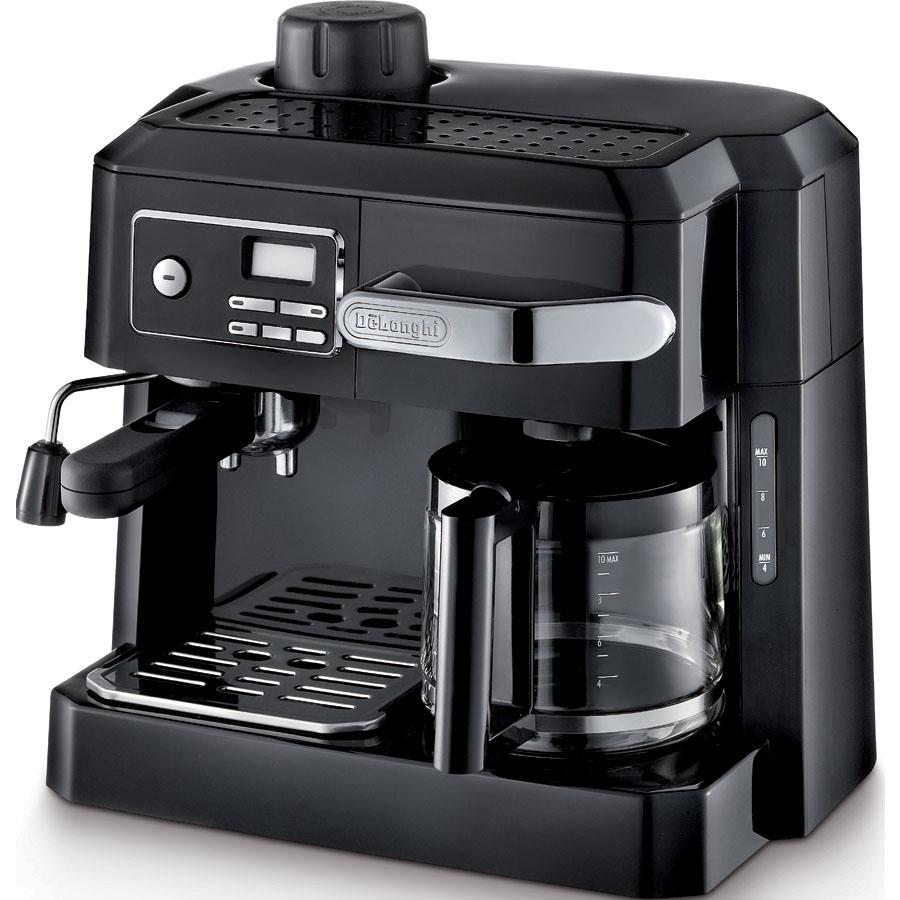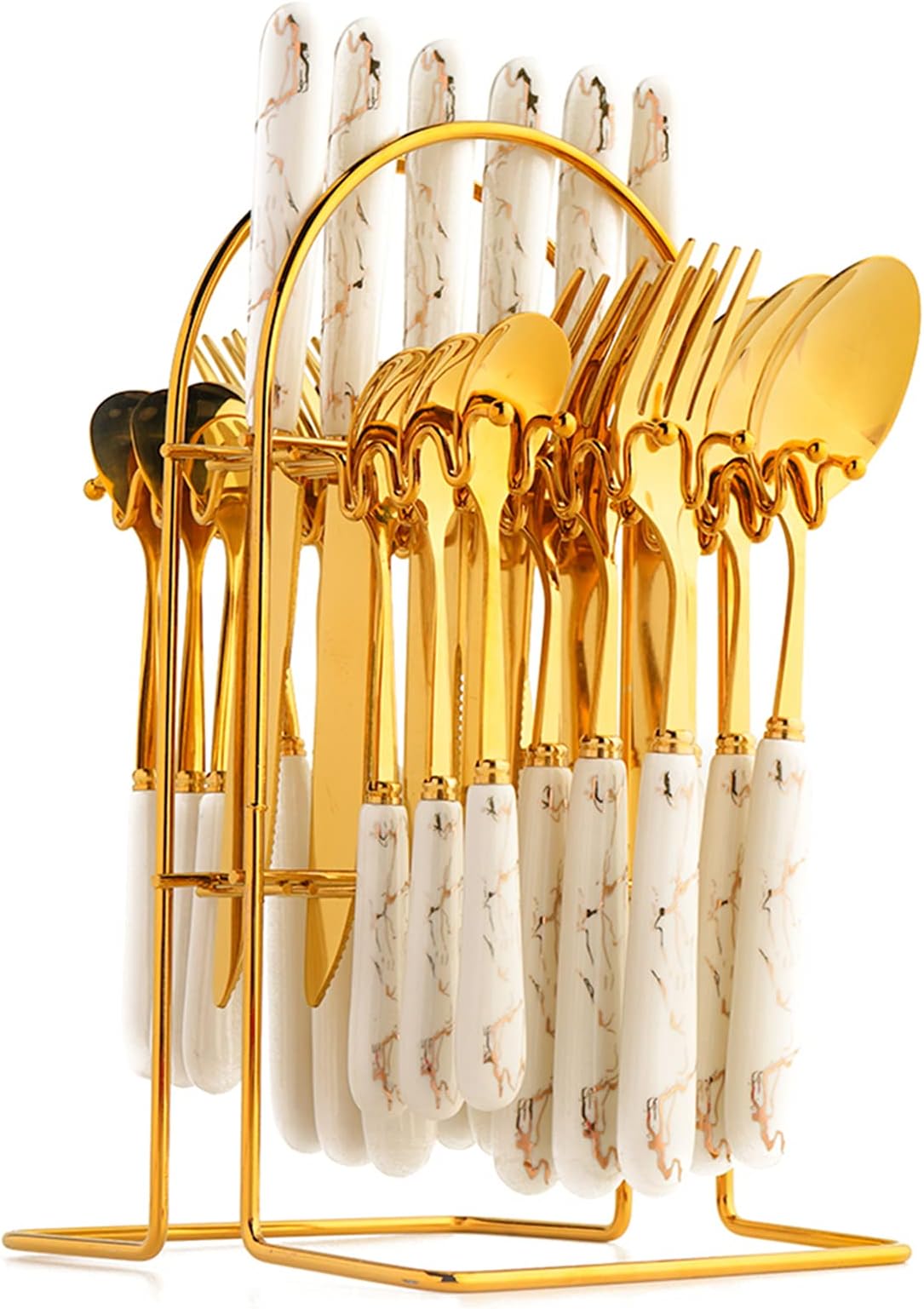Espresso Makers for Tea Lovers: Beyond Coffee

For years, espresso machines have been synonymous with coffee. But what if we told you this powerful brewing technology could elevate your tea game to a whole new level? While it might seem counterintuitive, the precision and control offered by espresso machines translate surprisingly well to tea brewing, opening up a world of flavor and texture exploration. This article dives deep into why espresso makers are a surprisingly fantastic choice for tea enthusiasts, and what to look for when making the switch.
Why Choose an Espresso Machine for Tea?
The key benefit lies in the precise control espresso machines offer. Forget the inconsistent results of kettle-based brewing. Espresso machines provide a highly consistent water temperature and pressure, crucial for extracting the delicate nuances of different tea varieties. This precision allows you to:
- Optimize Brewing Temperature: Different teas thrive at specific temperatures. Espresso machines allow you to dial in the precise temperature required for optimal flavor extraction, avoiding the harshness of over-steeped tea or the weakness of under-steeped brews.
- Control Brewing Time: Similar to temperature, the brewing time (steep time) is critical. Espresso machines give you granular control, allowing you to experiment and perfect the brewing time for your preferred tea type and taste.
- Consistent Results: Say goodbye to inconsistent brewing. An espresso machine ensures each cup is brewed to your exact specifications, delivering a consistently delicious result every time.
- Explore a Wider Variety of Teas: From delicate white teas to robust black teas, an espresso machine unlocks the potential for more complex and nuanced flavor profiles.
Types of Espresso Machines for Tea Brewing

While any espresso machine *can* be used for tea, some are better suited than others. Consider these categories:
- Manual Lever Machines: These offer the ultimate control over pressure and temperature, perfect for tea aficionados who want complete mastery over the brewing process. However, they require a steeper learning curve and a significant initial investment.
- Semi-Automatic Machines: These strike a balance between automation and control. They handle the pumping of water, but you control the brewing time, allowing for precise tea extraction. They’re a great option for those seeking a happy medium.
- Automatic Machines: These offer the greatest convenience, often with pre-programmed settings for different beverages. While simpler to use, they may offer less control over the brewing parameters compared to manual or semi-automatic options.
For tea brewing, semi-automatic machines are often the sweet spot, offering a good balance of control and convenience.
Key Features to Consider
When choosing an espresso machine for tea, prioritize these features:
- PID Temperature Control: This ensures consistent and accurate water temperature, essential for achieving optimal tea extraction.
- Precise Pressure Control (if applicable): While less crucial than temperature for tea, some higher-end machines allow for pressure adjustment, offering another level of fine-tuning.
- Programmable Settings: Allow you to save your preferred brewing parameters (temperature, time) for different tea types, simplifying the brewing process.
- Stainless Steel Boiler: A stainless steel boiler is more durable and less likely to impart off-flavors to the water compared to other materials.
- Easy Cleaning: Tea can leave residue, so a machine that’s easy to clean and maintain is important.
Comparing Espresso Machines for Tea Brewing

While a detailed comparison across all models is beyond this article’s scope, consider these factors when researching specific models:
- Brand Reputation: Look for established brands known for quality and reliability.
- User Reviews: Read reviews from other users, focusing on their experiences brewing tea specifically.
- Price Point: Espresso machines can range from a few hundred dollars to several thousand. Set a budget before you begin your search.
- Size and Footprint: Consider the space available in your kitchen.
Practical Advice for Tea Brewing with an Espresso Machine
Here are some tips to get the most out of your espresso machine for tea brewing:
- Use Filtered Water: The quality of your water directly impacts the taste of your tea. Use filtered water to avoid mineral buildup and off-flavors.
- Experiment with Different Teas: Discover which teas respond best to different temperatures and brewing times.
- Start with Small Batches: Especially when experimenting, start with small quantities to avoid wasting tea or making large batches you might not enjoy.
- Clean Your Machine Regularly: Regular cleaning will prevent mineral buildup and ensure optimal performance.
- Adjust to Your Taste: Ultimately, the perfect cup of tea is subjective. Use these guidelines as a starting point, and adjust the settings to find what you enjoy most.
Conclusion

Espresso machines aren’t just for coffee anymore. Their precise control over temperature and brewing time makes them an excellent tool for elevating your tea experience. By understanding the different types of machines and key features, and following the practical advice provided, you can unlock a new world of flavor and consistency in your tea brewing journey.
So, ditch the kettle and embrace the precision – your taste buds will thank you!


